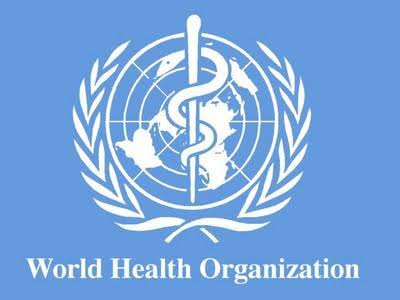The World Health OrganisationWorld Health Organisation (WHO) has estimated that more than 116 million people were living with mental health conditions before the COVID-19 pandemic.
It stated the world may have witnessed an estimated 25 per cent global rise in depression and anxiety after nearly three years, due to social isolation, fear of disease and death, and strained socio-economic circumstances associated with the COVID-19 pandemic.
In a message by WHO Regional Director for Africa, Dr. Matshidiso Moeti, on the World Mental Health Day, marked yesterday, she said the day provided an opportunity to draw attention to Africa’s large and growing burden of mental health conditions, with children and adolescents worst impacted.
This year’s theme, “Make Mental Health and Wellbeing for All a Global Priority,” serves as a reminder that, after nearly three years, the social isolation, fear of disease and death, and strained socio-economic circumstances associated with the COVID-19 pandemic have contributed to an estimated 25 per cent global rise in depression and anxiety.
READ MORE: India Halts Cough Syrup Production at Factory Linked to Deaths of Gambian Children
“Across the African region, more than 116 million people were already estimated to be living with mental health conditions pre-pandemic. Suicide rates remain particularly concerning as are the exponential rates of alcohol use and abuse among adolescents as young as 13 years of age.
“We need to urgently strengthen regulatory systems to close the gaps that allow such young people to easily access alcohol, contributing to heavy episodic drinking rates as high as 80 per cent among teens from 15 to 19.
“The situation poses a serious threat to their education, while setting the stage for a lifetime of alcohol abuse, and the associated risks of non-communicable and other related diseases,” she said.
According to Moeti, inadequate financing for mental health has continued to be the biggest limitation, negatively impacting efforts to expand Africa’s mental health workforce.
Moeti said in order to address the challenges posed by mental health, it was crucial that member states follow through on the implementation of commitments they made at the Regional Committee in August 2022, when they endorsed the Framework to Implement the Comprehensive Global Action Plan 2013 to 2023 in the WHO African Region.
She explained that the key document highlighted the severe shortage of mental health services on the continent, and makes recommendations for key actions by member states.
She added that the aim of the WHO training was to strengthen relevant services at lower levels of care.
According to her, WHO in the African region was also supporting task-sharing and integration of mental health into multi-sectoral programmes in Burkina Faso, Ethiopia, Ghana, Niger, Nigeria and Mali. Examples of such include joint tuberculosis and mental health programming in Ghana and Kenya, and joint Neglected Tropical Diseases and mental health efforts in Nigeria.
Additionally, Kenya, Uganda and Zimbabwe have been supported to complete mental health investment cases.




